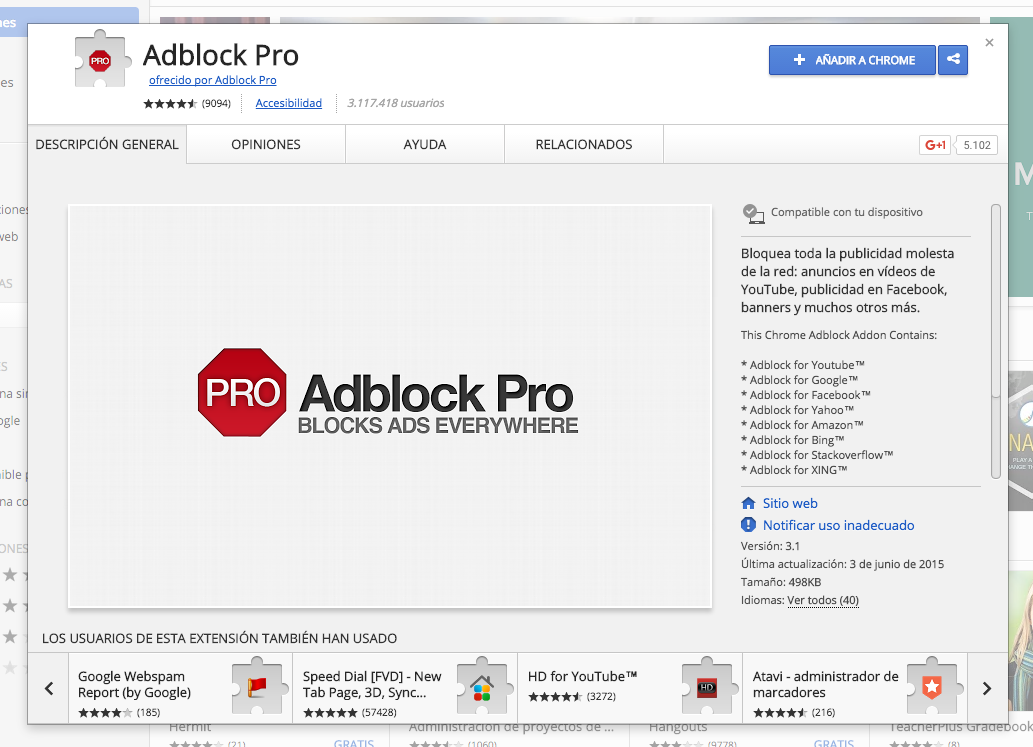


Like Adblock Plus, AdGuard provides options for security, privacy, and targeting filter lists. The application blocks ads before they load to your browser, speeding up your online experience. Can be resource-heavy and slow down page performanceĪdGuard is a popular alternative to Adblock Plus.Built-in exception list for “acceptable” ads.
#Adblock vs adguard plus
However, a big concern with AdBlock Plus is that it uses a default list of “acceptable” ads-these are pay-to-play ads sponsored by AdBlock Plus.
#Adblock vs adguard install
#Adblock vs adguard code
If an ad exists on the website itself, an ad blocker can conceal the ad using a special script that overwrites the ad in the CSS (essentially the code that determines how the page should appear in your browser). This action essentially cuts them off early and prevents them from ever being loaded. HTTP ad blockers can identify these ads and then block the requests to load them. In other words, the content of the page you’re viewing originates on that website’s server the ads come from somewhere else. Today, most web ads originate on servers separate from the websites on which they appear. For example, the popular ad-blocking extension Adblock Plus follows a list of restrictions that includes (but is not limited to): animated ads video ads with autoplay and how much space an ad can occupy on a page.Īfter checking against lists and rules, most ad blockers use two additional methods to prevent ads from appearing on your screen. Ads that clear these rules, and generally stay unobtrusive, might be allowed to get through. When you tell your browser to load a website, the ad blocker will look at the various resources to load on the site, compare them to a list of known ads, and block those ads accordingly.Īd blockers also follow a list of rules to determine what is-and isn’t-an ad, with further rules to separate “bad” ads from “good” ones. Supports SugarCoat to ensure pages don’t breakĪllows creation of custom filter lists, or subscribing to others No “pay to play” whitelist of acceptable ads

In this article, we’ll cover how ad-blockers work, what benefits they offer, and the best options available (including Brave).įor a sneak preview, here’s how Brave compares to other ad blockers: More and more people are turning to ad blockers to make their browsing experience cleaner, faster, and less intrusive. It’s a vicious cycle of data theft, and the whole system relies on surveillance. Websites use trackers to record what you view, what ads you click and, of course, what you buy. These ads are “personalized” or “targeted,” euphemisms that mean third-party data brokers are buying and selling your web activity data so Big Tech can customize its ads. On the web, there’s no escaping annoying ads.īut online ads aren’t just an annoyance-they also put your privacy at risk. Pop-ups clog your desktop some websites are so congested with ads they take forever to load, and they’re a pain to read. But it’s not so easy when you’re browsing the web. In the real world, you can shut the door on an unwanted sales pitch.


 0 kommentar(er)
0 kommentar(er)
